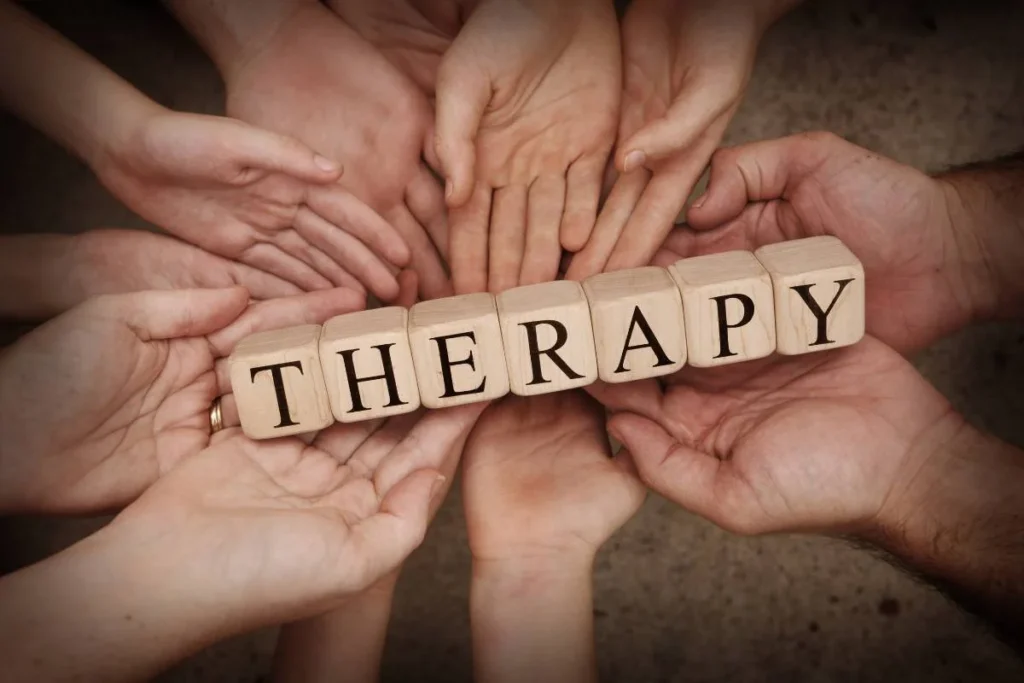Dementia is a general term that describes a decline in cognitive function, impacting memory, thinking, and social abilities. It can be overwhelming for both the individual diagnosed and their loved ones.
Understanding the diagnosis is crucial. It helps in navigating the journey ahead with more clarity and purpose. By grasping what dementia entails, you can better prepare for the changes and challenges that lie ahead.
Initial Reactions to Diagnosis
Receiving a dementia diagnosis can bring a whirlwind of emotions. Common responses include shock, sadness, anger, and even relief. These feelings are totally normal and part of processing such significant news.
Acknowledging your emotions is crucial. It’s okay to feel overwhelmed or confused. Allow yourself to grieve the changes ahead while also recognizing your strengths. Talking to someone you trust can help you sort through these feelings.
You are not alone in this journey. Many people experience similar emotions, and sharing your thoughts can lighten the burden. Embracing your feelings is the first step toward coping and finding support.
Building a Support System
Building a strong support system is essential when coping with a dementia diagnosis. Family and friends can provide emotional comfort and practical help. They can be your sounding board, helping you navigate the challenges ahead.
Here are some types of support you can consider:
- Emotional Support: Connecting with loved ones who understand your feelings can be incredibly reassuring.
- Practical Help: Friends and family can assist with daily tasks, making life a bit easier.
- Support Groups: Joining a local or online support group can connect you with others facing similar challenges.
Don’t hesitate to seek professional support. Healthcare providers, counselors, or social workers can offer guidance tailored to your needs. They can help you understand the disease and provide coping strategies.
Reaching out for help is a sign of strength. With the right support system, you can face this journey with more confidence and resilience.
Medical Support and Treatment Options
When coping with a dementia diagnosis, the role of healthcare professionals is vital. They guide you through understanding the condition and help create a care plan tailored to your needs. This team often includes neurologists, geriatricians, and primary care doctors.
Available treatments can vary based on the type of dementia. While there is no cure, several options can help manage symptoms:
| Treatment Type | Description |
|---|---|
| Medications | Cholinesterase inhibitors and memantine can help with memory and cognitive function. |
| Therapies | Cognitive stimulation therapy and occupational therapy can improve daily functioning. |
| Supportive Care | Caregivers can receive training, and respite care can help alleviate caregiver stress. |
Consulting with healthcare professionals enables you to explore these options. They can provide the necessary support and resources as you navigate this journey.
Lifestyle Changes to Consider
Making positive lifestyle changes can significantly impact your well-being after a dementia diagnosis. Focusing on diet, exercise, and cognitive activities can enhance your quality of life. Here are some tips to consider:
- Eat a balanced diet: Incorporate fruits, vegetables, whole grains, and lean proteins into your meals. Foods rich in antioxidants and omega-3 fatty acids may support brain health.
- Stay active: Aim for regular physical activity. Simple activities like walking, swimming, or yoga can improve both physical and mental health.
- Engage in cognitive activities: Challenge your mind with puzzles, reading, or learning a new skill. These activities can help maintain cognitive function and keep your brain sharp.
- Stay socially connected: Spend time with family and friends. Social interactions can boost your mood and provide emotional support.
By prioritizing these lifestyle changes, you can empower yourself and create a positive environment for coping with dementia.
Adapting Your Home Environment
Creating a safe and supportive home environment is essential after a dementia diagnosis. Start with safety modifications to reduce risks.
Remove tripping hazards like loose rugs and clutter. Install grab bars in bathrooms to help with stability. Ensure that the lighting is bright and even, as poor lighting can lead to confusion and falls.
Next, focus on creating a dementia-friendly space. Use clear, simple labels on doors and drawers to help with orientation.
Keep frequently used items in easy-to-reach places. Consider using contrasting colors for walls and furniture to make it easier to distinguish different areas. A calm and organized environment can reduce anxiety and confusion.
Personalize the space with familiar objects and photographs. This can evoke positive memories and provide comfort. By making these adjustments, you can create a home that supports independence and safety, helping you or your loved one navigate daily life with greater ease.
Staying Informed and Educated
Education plays a vital role in navigating a dementia diagnosis. Staying informed about the latest research can empower you and your loved ones.
New studies often reveal insights into treatment options and coping strategies. As the understanding of dementia evolves, so do the resources available to help manage the condition.
“Knowledge is power. Staying educated can help you make informed decisions about care and support.”
Consider attending workshops and seminars. These events provide valuable information and connect you with professionals and other families facing similar challenges. They offer practical tips and emotional support that can be incredibly beneficial.
By committing to continuous learning, you not only enhance your understanding but also reduce feelings of isolation.
Engaging with others and sharing experiences can make the journey a little easier. Stay curious, ask questions, and seek out opportunities to learn more about dementia.
Managing Stress and Mental Health
Receiving a dementia diagnosis can bring about significant stress. It’s essential to prioritize stress-reduction techniques to maintain emotional balance.
Here are a few effective methods:
- Mindfulness meditation: Taking a few minutes each day to focus on your breath can help calm your mind.
- Regular exercise: Physical activity, even a simple walk, can boost your mood and reduce anxiety.
- Deep breathing exercises: Practicing deep breathing can lower stress levels and promote relaxation.
- Journaling: Writing about your feelings can provide clarity and a sense of relief.
In addition to these techniques, seeking mental health support is crucial. Don’t hesitate to reach out to a counselor or therapist who specializes in dementia care. They can provide guidance and coping strategies tailored to your needs.
Remember, managing your mental health is just as important as addressing the physical aspects of dementia. Taking care of your emotional well-being will strengthen your ability to cope with the challenges ahead.
FAQ Section
When facing a dementia diagnosis, many questions arise. Here are some common queries and their answers:
What is dementia?
Dementia is an umbrella term for a range of cognitive impairments that affect memory, thinking, and social abilities. It’s not a specific disease but rather a collection of symptoms that can result from various conditions.
What are the early signs of dementia?
Early signs may include memory loss, difficulty concentrating, and challenges with problem-solving. Changes in mood or behavior can also be indicators.
How is dementia diagnosed?
A healthcare professional will conduct a thorough evaluation, including medical history, cognitive tests, and possibly imaging tests to assess brain function.
Can dementia be treated?
While there’s no cure, certain medications and lifestyle changes can help manage symptoms and improve quality of life.
What support is available?
Support groups, counseling, and educational resources are available for both individuals with dementia and their caregivers. Connecting with others can make a significant difference.
Summary and Key Points
As you navigate the journey following a dementia diagnosis, it’s essential to focus on key strategies that can help you cope. Here’s a quick recap:
- Build a strong support system with family, friends, and professionals.
- Stay informed about dementia and treatment options.
- Make lifestyle changes, including diet, exercise, and cognitive activities.
- Adapt your home for safety and comfort.
- Manage stress and prioritize mental health.
Embrace the support around you and take it one day at a time. With the right strategies, you can lead a fulfilling life despite the challenges ahead.





